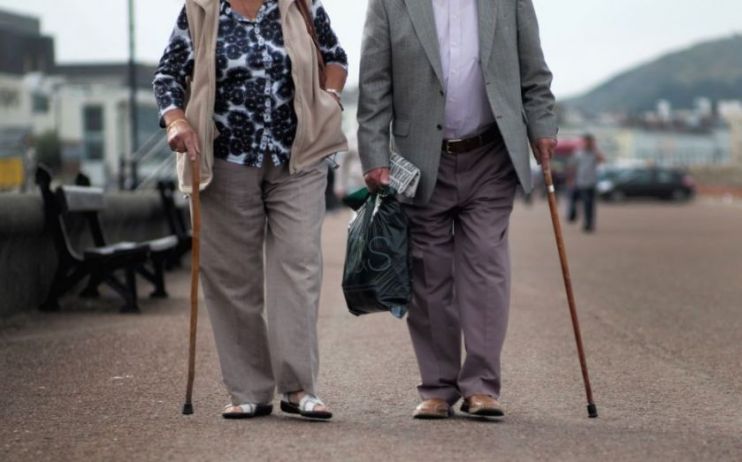Without action, a crisis over pensions looms

The row over pensions for women born in the 1950s stepped up a gear this week when campaigners headed to the High Court for a judicial review.
Women used to retire at 60, five years earlier than men. In 1995, a timetable was drawn up to equalise this, phasing in the increase.
However, the changes were brought forward by the coalition government in 2011 in a bid to make the state pensions bill more affordable. For 2.6m women, this meant hastily adjusting their retirement plans.
Campaigners argue that the rises were too abrupt and poorly communicated, with some reportedly left unaware even of the 1995 change, and therefore forced to work for years past their anticipated retirement date. For the most vulnerable, this ordeal has been devastating. They are now demanding compensation.
Clearly, these women – some of whom claim they got barely a year’s notice that their retirement age would be five years later than expected – have been treated exceptionally badly. Their case deserves proper consideration, and it is imperative that the government takes a hard look at the communications process that led to this disaster.
However, the underlying principle that the state pension age must rise is undeniable.
Since modern state pensions were introduced for all in 1948, life expectancy has shot up, while the threshold has barely moved. With more pensioners living longer in receipt of state benefits, the cost of pensions has sky-rocketed, making up around 40 per cent of the welfare budget and 20 per cent of all central government spending.
Just today, the IFS has published a new report on the severity of the situation and the difficulties in the immediate and medium-term future of accommodating the demands of an older population.
There are huge benefits to people living longer – PwC estimates that the UK could boost GDP by £180bn by encouraging more employment among over-55s. But if we want to maintain a sustainable state pension system without crippling working people with untenable taxes or drastically cutting other public services, the retirement age must rise to reflect the fact that on average people are now living several decades past 65.
The government cannot afford to drag its feet. The plight of 1950s-born women shows what happens when politicians delay and then rush to make hasty changes to the retirement system, without giving people enough time to adjust.
People currently in their 40s need to know now when they can expect to stop working. Reluctance to act today is sowing the seeds for another pensions crisis down the road.